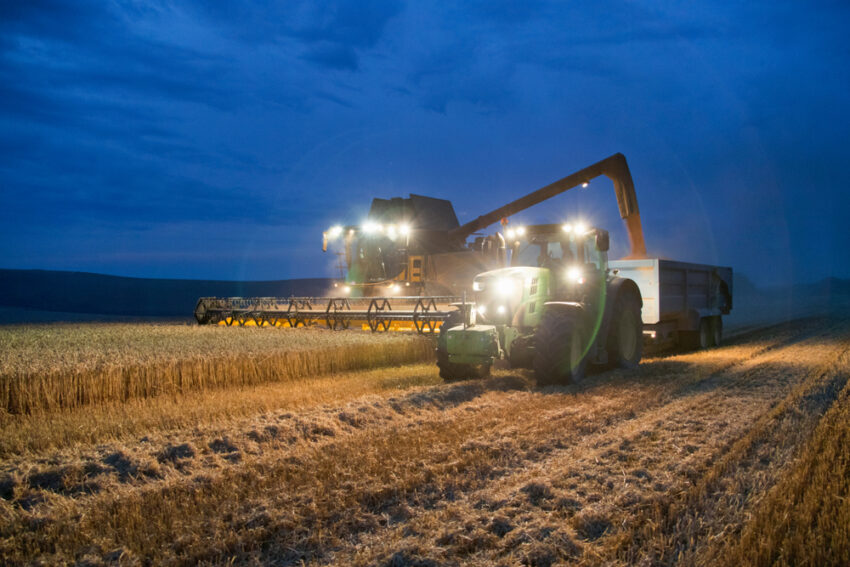The UK farming industry is facing an existential threat amidst fears of rising taxes and reduced subsidies. Farmers are contemplating whether to remain in the industry as financial pressures mount.
Experts warn of a potential mass exodus of farmers, driven by uncertainty over Capital Gains Tax increases. The repercussions for British agriculture could be dire without immediate intervention.
The Financial Crossroads for UK Farmers
British agriculture stands at a significant turning point. With escalating financial pressures, many farmers are contemplating whether to sell their land, retire, or outsource their operations. This financial strain is exacerbated by poor harvests and dwindling financial support. Midlands farmers especially are considering drastic measures to adapt to these challenges.
The uncertainty surrounding the Autumn Budget adds to the pressure. Farmers fear potential hikes in Capital Gains Tax, which could rise to 45%, jeopardising their financial security. In a sector already struggling with low confidence, this could be the tipping point for many.
Impact on Land Ownership and Succession
As tax debates heat up, the concept of land ownership in Britain is shifting. Some farmers view selling their high-value land as an opportunity to escape potential financial strain. This decision-making is driven largely by uncertainty over impending tax policies.
Without clear succession plans, many farmers feel compelled to exit the industry. The burden of increased taxes without a defined future for their farms makes this decision more pressing.
High land prices could provide a financial buffer. However, the looming threat of tax reforms leads to hasty decisions to avoid diminishing returns. This environment makes long-term planning nearly impossible for those in agriculture.
Governmental Role and Responsibility
Immediate government intervention is crucial. The government must not only vocalise its support for the agricultural sector but also implement tangible policies. The farming community seeks clear plans and deliverables.
The Sustainable Farming Incentive is set to expire soon. Without it, many farmers lack a financial safety net. Timely and decisive government action is needed to stabilise British agriculture.
The new government has claimed the agricultural sector is critical for national security. However, these claims require concrete actions. Proactive steps are essential to ensure the sector’s longevity and resilience amidst these challenges.
The Effects on Farmers and Consumers
Changes in tax and financial support could devastate farmers. Without intervention, this situation poses a severe risk to national food production. Farmers are the backbone of agriculture, and their financial health directly impacts food supply chains.
Consumers might face higher food prices. As farmers exit the industry or downscale operations, supply shortages could arise, leading to increased consumer costs.
The balance between supporting farmers and ensuring affordable food for consumers is delicate. The government must address this to prevent a potential crisis in food accessibility.
Calls for Action Amidst Speculation
Speculation regarding the Autumn Budget has intensified. Farmers demand reassurance that their livelihoods will be protected from adverse tax changes. Delays in action could exacerbate the existing strain on the sector.
Jamie Young, a business journalist, emphasises the necessity for government consistency and support. “I urge politicians to transform promises into action when farmers need it most,” he states.
The call for urgent action is clear. Without decisive government measures, the agricultural sector risks long-term damage, affecting both farmers and the nation’s food security.
The future of the UK agricultural sector hangs in the balance. Government action is crucial to stabilising the industry and ensuring its survival amidst these taxing times.


